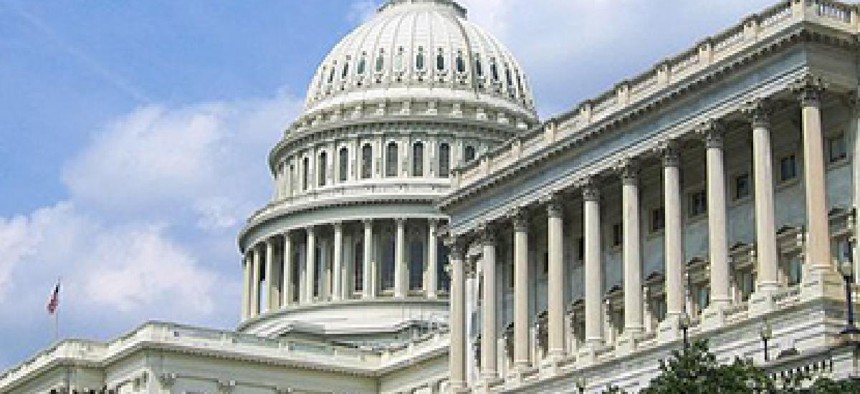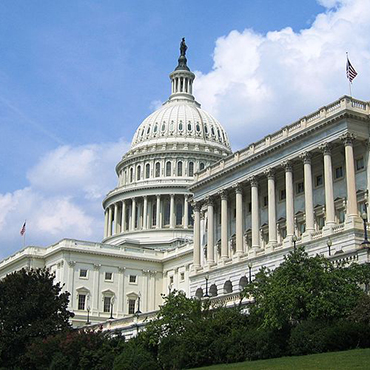House panel takes on government transparency

The House Oversight and Government Reform Committee explored legislative means to increase transparency in government at a March 23 hearing.

Government transparency can take many forms, and not all of them have bipartisan support. (Congressional Democrats' demands for President Donald Trump’s tax returns are unlikely to get traction anytime soon, for example.) But at a March 23 House Committee on Oversight and Government Reform hearing, one piece of legislation seemed to resonate on both sides of the aisle: the Open, Public, Electronic and Necessary (OPEN) Government Act.
The open government bill, which also received bipartisan support last Congress, would codify President Barack Obama's 2013 executive order to require federal agencies to publish their information to Data.gov in a non-proprietary, machine-readable format. It would also standardize open data definitions, map federal data sets and ensure that CIOs have the authority to improve dataset quality.
Last Congress, the bill was introduced by Sens. Brian Schatz (D-Hawaii) and Ben Sasse (R-Neb.), where it passed by unanimous consent just before the end of the year.
Reps. Blake Farenthold (R-Texas) and Derek Kilmer (D-Wash.) sponsored a companion bill in the House, but it did not receive a vote before session’s end. At the March 23 hearing, Farenthold confirmed that he and Kilmer plan to reintroduce their bill this Congress.
Data Coalition Executive Director Hudson Hollister told FCW he also expects Sasse and Schatz to lead the bill's reintroduction in the Senate, and while there could be minor tweaks to the bills, they are “going to substantively the same.”
“What’s really important is to track what the government is doing, the operations and particularly the money," Hollister said. “That’s hard to hide, and you see the results there.… If it’s fully implemented, it’s going to reveal things that nobody anticipated.”
The transparency provided by the bill’s implementation would benefit more than just private citizens and companies, Hollister said. It would also reduce agency costs for big data projects by eliminating duplicative processes. He suggested the bill would also complement and modernize the often-frustrating Freedom of Information Act request and response process.
FOIA, “while still an essential avenue for transparency, is no longer the most efficient one,” he said. “Information technologies now make it possible for the government to operate in the open, online, without waiting to receive a FOIA request.”
Hollister said that while “it’s very difficult to pass transparency reform” in times of heightened partisanship and political controversy, he does think it will pass, adding that the Senate’s unanimous passage of the bill last year “bodes well.”
Along with the bipartisan support of the bill and the Digital Accountability and Transparency Act, there are additional reasons for optimism this time around.
The bill received a favorable cost estimate from the Congressional Budget Office and backing from a variety of companies and interest groups.
Last May, 48 signatories -- including Amazon Web Services, Esri, R Street Institute, the Sunlight Foundation, the Project on Government Oversight and the U.S. Chamber of Commerce Technology Engagement Center -- sent a letter supporting the bill to the House Oversight Committee.
Data Coalition Policy Director Christian Hoehner told FCW that once the bill is reintroduced, the groups plan to send another letter of support that is “on track” to have even more signatories.
Other bills the committee considered were Rep. Thomas Massie’s (R-Ky.) Federal Reserve Transparency Act, which would expand the scope of what watchdog audits could cover, and chairman Jason Chaffetz’s (R-Utah) Fannie Mae and Freddie Mac Transparency Act, which would apply the FOIA process to the government-sponsored mortgage financiers.


